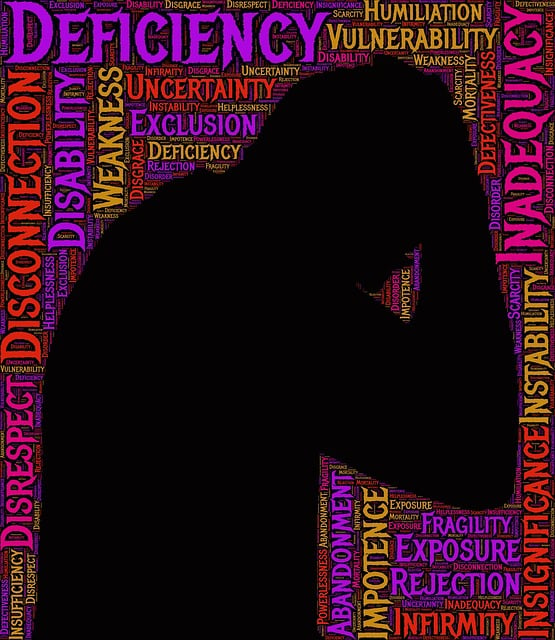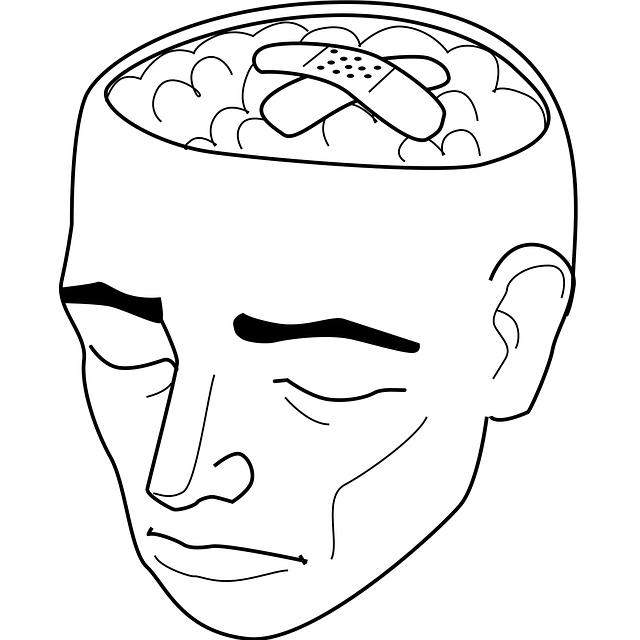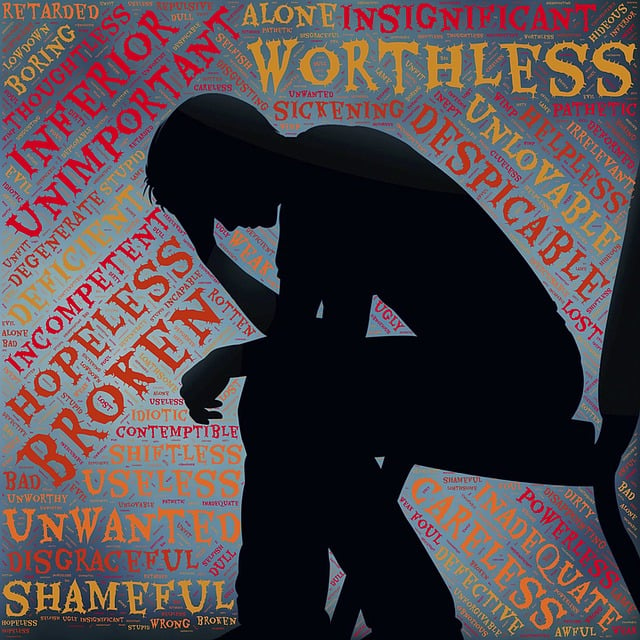Mental wellness is a holistic concept, and Parker Child Abuse Therapy (PCAT) emphasizes its importance through tailored self-care practices. PCAT's approach includes personalized strategies like meditation, exercise, and journaling to manage stress. Their Community Outreach Program educates individuals on emotional intelligence and healthy relationships. Recognizing personal needs and setting boundaries is crucial for self-care routines, which should be customized to unique triggers and cues. By integrating structured activities like physical exercise and mindfulness, PCAT promotes resilience and emotional well-being. Self-care routines, starting with small steps, enhance coping abilities and lead to more fulfilling lives, especially post-trauma, making professional support from organizations like PCAT invaluable.
Mental wellness is paramount for overall well-being. This article guides you through developing a self-care routine, from understanding mental wellness and recognizing personal needs to crafting essential components and integrating practices into daily life. We explore the role of professional support, highlighting Parker Child Abuse Therapy as a valuable resource. Embrace strategies that nurture your mind and enhance your mental resilience, leading to a more balanced and fulfilling life.
- Understanding Mental Wellness and Self-Care
- Recognizing Personal Needs and Boundaries
- Crafting a Routine: Essential Components
- Integrating Practice into Daily Life
- The Role of Professional Support: Parker Child Abuse Therapy
Understanding Mental Wellness and Self-Care

Mental wellness is a crucial aspect of overall well-being, encompassing our emotional, psychological, and social health. It’s about recognizing and tending to our unique needs, fostering resilience, and cultivating a positive mindset. Self-care plays an integral role in this journey, offering personalized practices that support mental wellness. This can include activities like meditation, exercise, journaling, or connecting with nature—strategies that help manage stress and promote a sense of calm.
At Parker Child Abuse Therapy, we understand the profound impact of trauma and its effect on mental wellness. Our Community Outreach Program Implementation focuses on educating and empowering individuals to take charge of their well-being. Effective communication strategies and emotional intelligence are essential tools in this process, enabling people to express their feelings, set boundaries, and build healthy relationships. By integrating self-care practices into daily routines, individuals can enhance their resilience, improve coping mechanisms, and ultimately lead more fulfilling lives.
Recognizing Personal Needs and Boundaries

Recognizing Personal Needs and Boundaries is a pivotal step in cultivating a robust mental wellness self-care routine. This involves introspection to identify what brings you joy, peace, and a sense of equilibrium. It’s about understanding your emotional triggers and physical cues – what stresses you out and what rejuvenates you. This awareness is crucial for setting healthy boundaries, which are essential for maintaining a balanced life. Just as Parker Child Abuse Therapy focuses on healing individual trauma by recognizing and addressing unique needs, personal self-care routines must be tailored to one’s distinct requirements.
Effective communication strategies play a significant role in this process. Expressing your needs assertively – whether at home, work, or within relationships – is a vital self-care practice. It empowers you to set limits, foster healthy connections, and protect your mental space. Moreover, integrating crisis intervention guidance into your routine equips you with tools to navigate stressful situations, promoting resilience and emotional well-being.
Crafting a Routine: Essential Components

Crafting a mental wellness self-care routine is a transformative journey that empowers individuals to prioritize their emotional well-being. At Parker Child Abuse Therapy, we emphasize the importance of structured routines in fostering resilience and nurturing a healthy mind. When developing your routine, consider incorporating essential components that cater to various aspects of mental health.
A balanced self-care regimen typically involves a combination of physical activities, mindfulness practices, and emotional coping strategies. For instance, integrating regular exercise releases endorphins, promoting better mood and stress reduction. Similarly, Mindfulness Meditation techniques teach individuals to stay present, enhancing their ability to manage anxiety and cultivate inner peace. Additionally, building empathy through Healthcare Provider Cultural Competency Training enables deeper connections and more effective support from caregivers. These strategies collectively contribute to a robust self-care routine tailored to individual needs.
Integrating Practice into Daily Life

Integrating self-care practices into daily life is a crucial step towards fostering mental wellness and emotional resilience, especially for individuals who have experienced trauma or challenges like Parker Child Abuse Therapy. It’s not about adding one more task to an already packed schedule but rather about making conscious choices to prioritize self-care as an integral part of your routine. Start small; perhaps a 10-minute meditation in the morning or a short walk during lunch breaks. These moments can provide a sense of calm and clarity, setting a positive tone for the day.
Over time, you can expand your self-care toolkit with activities like journaling, which offers Emotional Healing Processes through reflective writing. This simple yet powerful Mental Wellness Journaling Exercise Guidance allows you to process emotions, track progress, and cultivate emotional intelligence—a key component in navigating life’s challenges. By consistently dedicating time for these practices, individuals can enhance their ability to cope, build a stronger support system, and ultimately lead more fulfilling lives.
The Role of Professional Support: Parker Child Abuse Therapy

In the realm of mental wellness self-care routine development, professional support plays a crucial role. Organizations like Parker Child Abuse Therapy offer specialized services tailored to address diverse psychological needs, particularly focusing on child abuse therapy. By integrating such support into one’s routine, individuals can access evidence-based practices and crisis intervention guidance that enhance overall mental health. These professionals not only provide safe spaces for vulnerable populations but also contribute significantly to public awareness campaigns development, ensuring that prevention strategies reach broader audiences.
Parker Child Abuse Therapy, in particular, is dedicated to fostering a supportive environment where clients can navigate complex emotional landscapes. Their expertise lies in offering tailored interventions that cater to the unique challenges faced by children and their families. Through these efforts, they not only mitigate the impact of trauma but also empower individuals with coping mechanisms for long-term mental wellness. This holistic approach underscores the importance of professional support as an integral component of self-care routines, especially during moments of crisis.
Developing a mental wellness self-care routine is a transformative journey, one that can greatly enhance overall well-being. By understanding the importance of mental health and recognizing personal needs, individuals can create tailored routines incorporating essential components like mindfulness, exercise, and social connections. Integrating these practices into daily life requires commitment and consistency. Seeking professional support from experts such as Parker Child Abuse Therapy can provide valuable guidance and strategies for navigating mental wellness challenges effectively.














